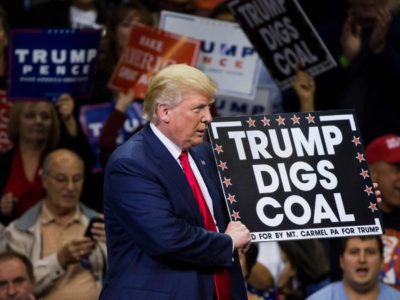Think About Carbon First, Act Later
 The Worldwatch Institute reports on a new policy recently announced by the World Bank — before approving future projects, the Bank intends to develop an estimate of likely greenhouse gas impacts. At a minimum, this will provide greater transparency concerning the implications of a World Bank decision. Hopefully, it will encourage projects more likely to improve energy efficiency or promote renewable energy.
The Worldwatch Institute reports on a new policy recently announced by the World Bank — before approving future projects, the Bank intends to develop an estimate of likely greenhouse gas impacts. At a minimum, this will provide greater transparency concerning the implications of a World Bank decision. Hopefully, it will encourage projects more likely to improve energy efficiency or promote renewable energy.
This leads to an important question — shouldn’t governmental bodies always consider carbon impacts before acting? Many activities on the federal and state level in the U.S. must be subjected to environmental review before an agency decides to go forward, and it has become increasingly clear that consideration of greenhouse gas emissions must be part of that review. But what about actions that might not trigger more formal environmental review? The need to offer a simplified, broad estimate of greenhouse gas implications should not slow down project approval, but it certainly might change the public discussion about the merits of a project.
An example: In California, decisions affecting bridge tolls are exempt from full environmental review. It would be nice to know, however, that those changing a toll charge have at least considered whether a higher toll is likely to increase or decrease carbon emissions. Same thing for a decision to change a speed limit, install a series of stop signs, impose new rules for the procurement of paper products, or change the rates for electric service. Even if the carbon assessment took five minutes and was written on the back of an envelope, public decisions should benefit from a public acknowledgment of whether a particular action was more likely to contribute to the solution, or add to the problem.







Reader Comments